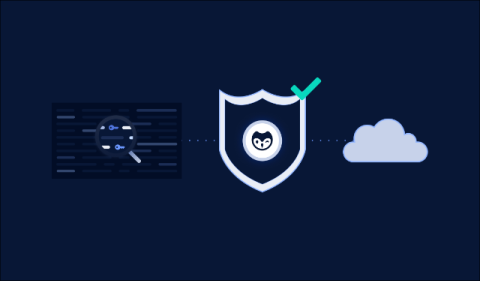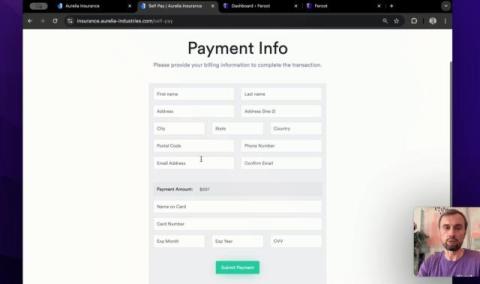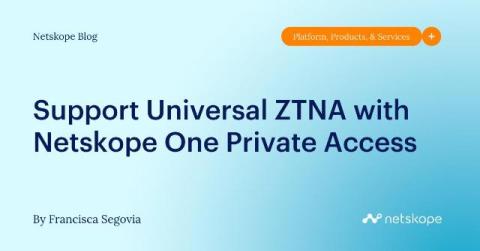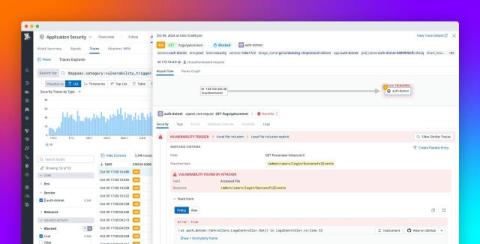Prevent Security Breaches in Self-Hosted Environments with GitGuardian's Custom Host for Validity Checks
Stop chasing false positives in your self-hosted instances. With GitGuardian's custom host for validity checks, security teams get real-time insights to prioritize active threats, reduce noise, and prevent costly breaches.










